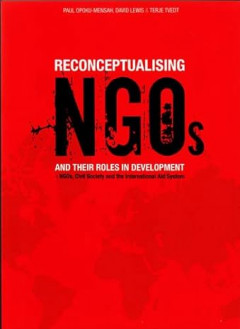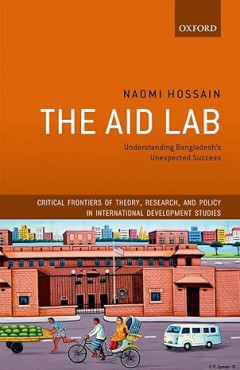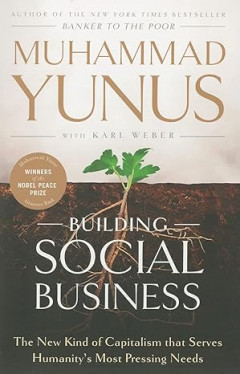Filter by

Reconceptualizing NGOs and Their Roles in Development: NGOs, Civil Society an…
Twenty years after NGOs first emerged as objects of development research, much of the research on non-governmental organisations (NGOs) and development to date has been of a variable quality. The overall aim of the book is to move forward the critical research agenda on NGOs and development by challenging its normative biases, using approaches drawn from a range of disciplinary perspectives inc…
- Edition
- -
- ISBN/ISSN
- 978-8773077993
- Collation
- -
- Series Title
- -
- Call Number
- 3

The Aid Lab: Understanding Bangladesh's Unexpected Success
From an unpromising start as 'the basket-case' to present day plaudits for its human development achievements, Bangladesh plays an ideological role in the contemporary world order, offering proof that the neo-liberal development model works under the most testing conditions. How were such rapid gains possible in a context of chronically weak governance? The Aid Lab subjects this so-called 'Bang…
- Edition
- -
- ISBN/ISSN
- 9780198785507
- Collation
- -
- Series Title
- -
- Call Number
- 3

Food Riots, Food Rights and the Politics of Provisions
Thousands of people in dozens of countries took to the streets when world food prices spiked in 2008 and 2011. What does the persistence of popular mobilization around food tell us about the politics of subsistence in an era of integrated food markets and universal human rights? This book interrogates this period of historical rupture in the global system of subsistence, getting behind the head…
- Edition
- -
- ISBN/ISSN
- 9780367352158
- Collation
- -
- Series Title
- -
- Call Number
- 9

Building Social Business: The New Kind of Capitalism that Serves Humanity's M…
Muhammad Yunus, the practical visionary who pioneered microcredit and, with his Grameen Bank, won the 2006 Nobel Peace Prize, has developed a new dimension for capitalism which he calls "social business." The social business model has been adopted by corporations, entrepreneurs, and social activists across the globe. Its goal is to create self-supporting, viable commercial enterprises that gene…
- Edition
- -
- ISBN/ISSN
- 9781586489564
- Collation
- -
- Series Title
- -
- Call Number
- -